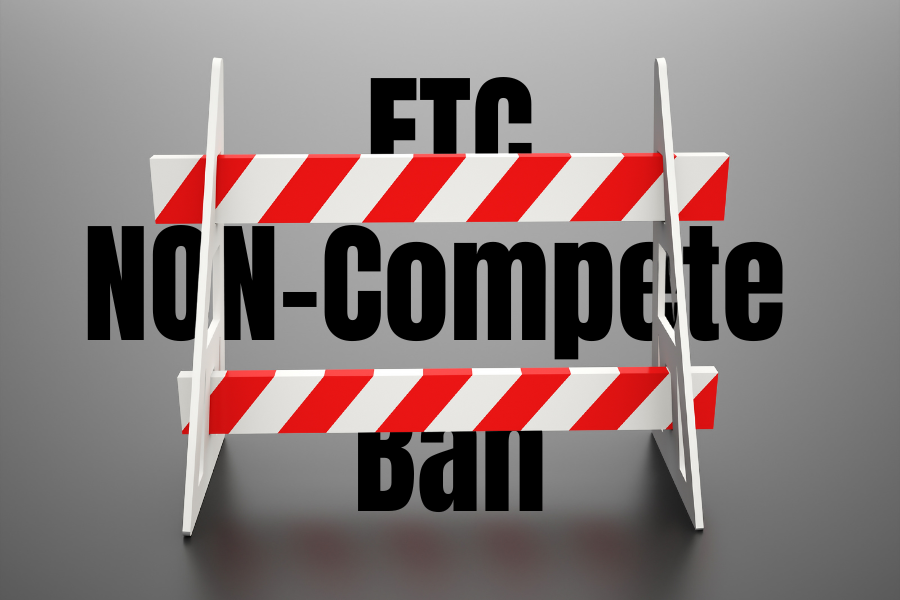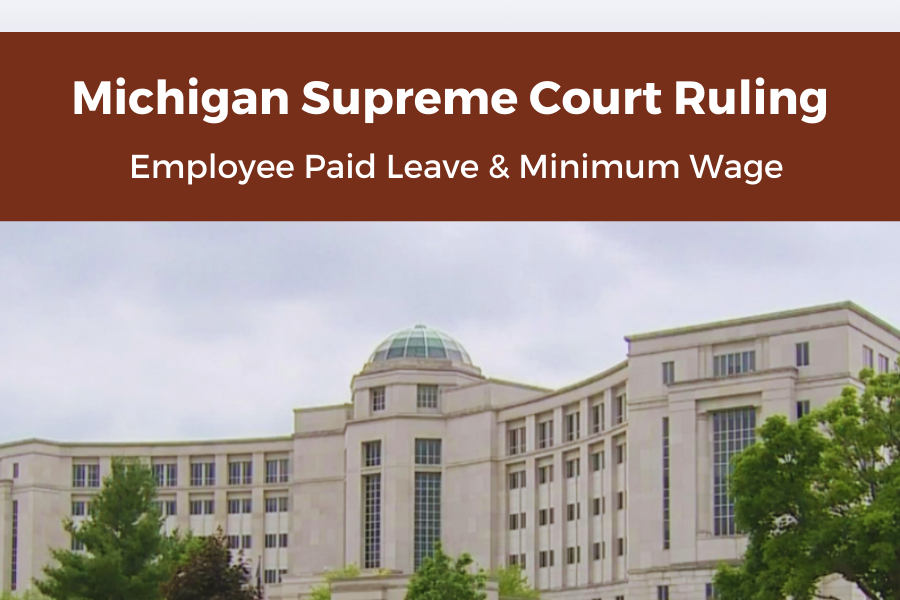Anyone who has participated in the mediation process knows the scenario: you get to the end of a mediation and there is little or no likelihood that the dispute will settle. What do you do? Most people simply pack their bags and walk away. There is, however, an alternative which can literally grab success from the jaws of impasse. That process is called a “Guided Mediation.”
Guided Mediation simply means that you break the process down into two or more parts. The first part is the initial mediation where an initial agreement is entered into. That initial agreement calls for future performance. While the performance is undertaken, the mediator continues her or his involvement in the process to facilitate the completion of the initial agreement. That completion then evolves into a full completion and a final settlement agreement.
There are a number of “Pros” in utilizing a Guided Mediation. First, and most importantly, it is a process which can settle an otherwise unsettleable dispute. Second, the interim agreement establishes a baseline and gets the parties in an agreement mode. Third, the process crystallizes the differences between the parties and allows the parties to work on their disagreements while exploring what or where they may find common ground.
There are, however, also some detracting “Cons” associated with a Guided Mediation. For example, it takes a great deal of patience to see the process through. The patience will be repeatedly tested by parties who previously never agreed and are not likely to agree on much in the future. Another “Con” involves the fact that parties who disagree are now in a longer-term relationship. It is usually a matter of a day or several days in the mediation process. With Guided Mediation, the process could last months. Another “Con” is that it is abundantly clear that in order for the process to work, trust needs to be maintained during the process. For parties who have difficulty in settling cases, maintaining trust is a tall order. The final “Con” is, of course, the continued cost.
When you measure the Pros against the Cons, the Guided Mediation offers an alternative to an impasse. There is not a lot written about Guided Mediations or its success on a national level, but it does, without doubt, provide a tool to the mediator to resolve the dispute short of a mediator proposal when the parties are otherwise simply unable to agree.
Stephen A. Hilger, of Hilger Hammond, PC in Grand Rapids, Michigan has been involved with complex commercial litigation and construction law in multiple states for 39 years. He has been a mediator and an arbitrator with the American Arbitration Association for over 25 years, and has conducted many private mediations and arbitrations.




